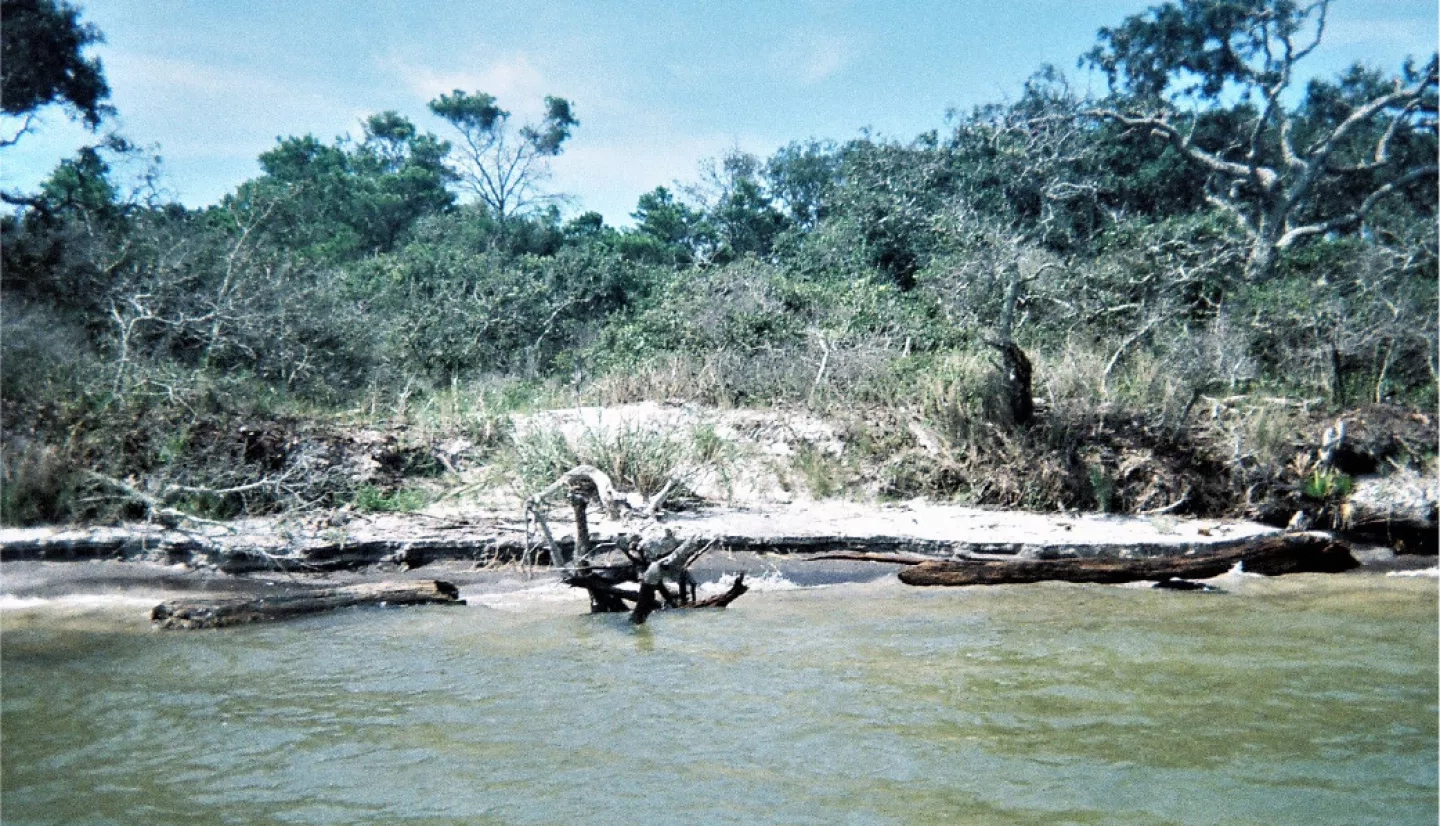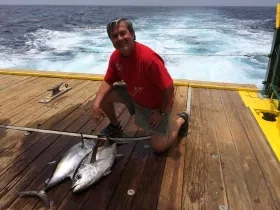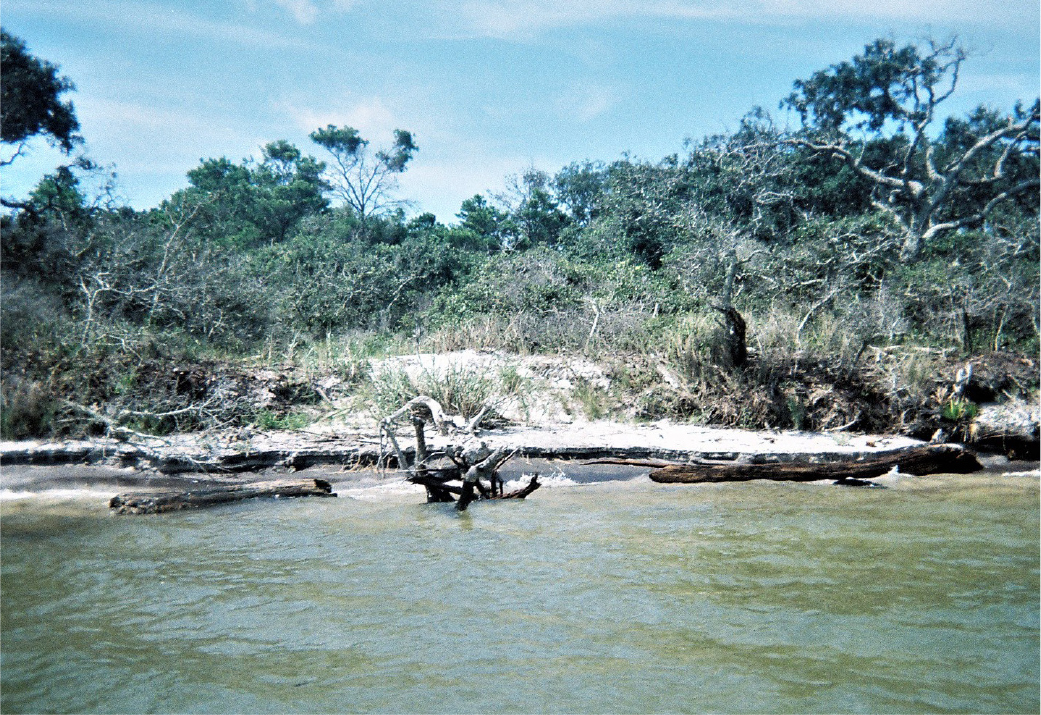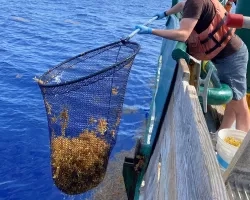Climate change is driving rapid changes in the ocean – and NASA’s network of Earth observations are critical to understanding and responding to these shifts, according to a recent article in Oceanography led by the Ecological Forecasting program area. Titled Integrating Biology into Ocean Observing Infrastructure: Society Depends on It, the article is featured in a special observing supplement to the journal.
Humanity’s dependence on the ocean affects every sector of life: trade and tourism, pharmaceuticals, research, energy, and more. The value of this “blue economy” totals roughly $2 trillion every year, as noted in the paper. But the impacts of climate change on important metrics of ocean habitats, like salinity, oxygen levels, and extreme storms, are compromising the abundance and health of marine life that humans rely on for everything from food security to cultural heritage.
“Of course the results of human activities affect marine ecosystems, but those changes affect processes that humans count on remaining stable, like a local fish population that feeds the nearby community,” said Maury Estes, associate program manager of the Ecological Forecasting program area and lead author on the paper. “Our research shows that we need to invest in further understanding the connection between humanity and the blue economy for the benefit of society.”
As cited in the paper, approximately 10% of the global population relies on fisheries for livelihoods, with global fisheries employing up to 30.6 million people – coral reef tourism alone is responsible for $35.8 billion of economic value per year. But climate change, pollution, and development activities are killing off coral reefs and putting the entire industry at risk. And that figure doesn’t include the rich diversity of marine life that count on the coral ecosystems to survive.
NASA Earth observations like those from the Moderate Resolution Imaging Spectroradiometer (MODIS) on NASA’s Aqua satellite are already providing global coverage and finer-scale data that allow important observations of marine biological signals. But the study authors discovered many urgent opportunities for more data collection and analysis, so decisionmakers can take steps to protect marine habitats and the millions of lives and livelihoods that depend on them.
“We found that current efforts to measure marine biodiversity have neither the coverage nor the consistency needed to make informed decisions for conservation. We cannot understand or manage what we don’t measure,” Estes said.
The paper authors also noted that disparities in educational and economic access diminished the ability of women and underrepresented minorities in the field to become leaders in oceanography. They emphasized that the success of a robust ocean-observing system will depend on fostering a more inclusive field of professionals in government, academia, and private sector, to bring the most talented minds to the challenges that lie ahead.
The ability to sustain economic growth will depend on informed decisions for conservation and restoring key coastal and marine resources. The Global Ocean Observing System of the Intergovernmental Oceanographic Commission has advanced a framework for ocean observing based on collecting these essential ocean variables, from water temperature to phytoplankton biomass. This paper outlines key targets for expanding those global ocean observing capabilities and the technologies available to meet them – so communities, businesses, and families alike can continue to benefit from healthy ocean ecosystems for generations to come.
More information on how NASA is supporting conservation research can be found on the Ecological Forecasting page.





